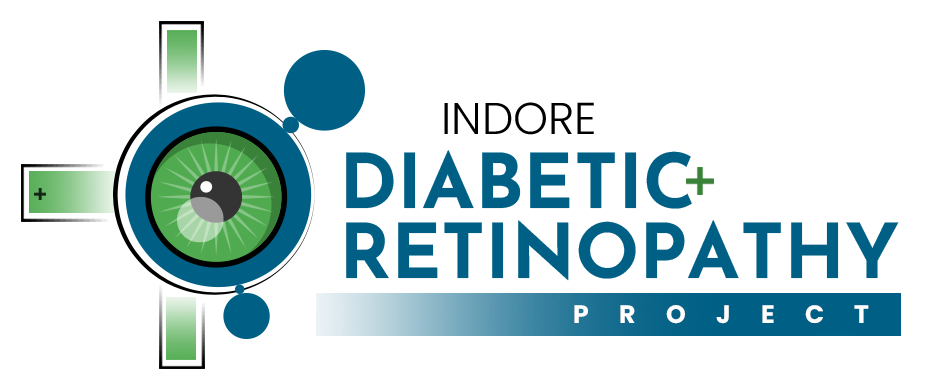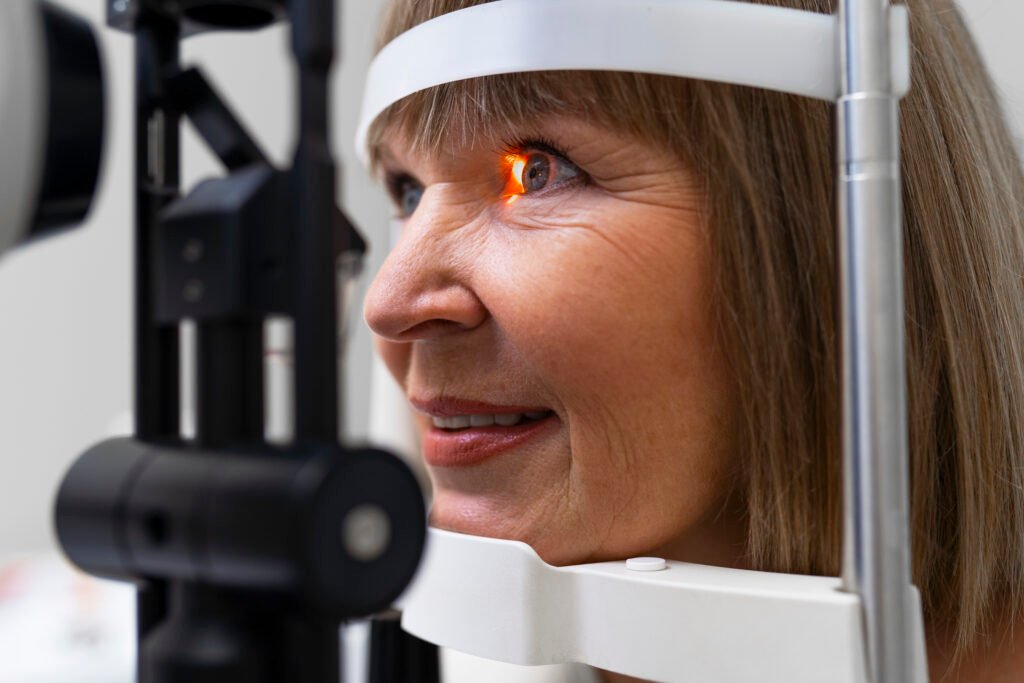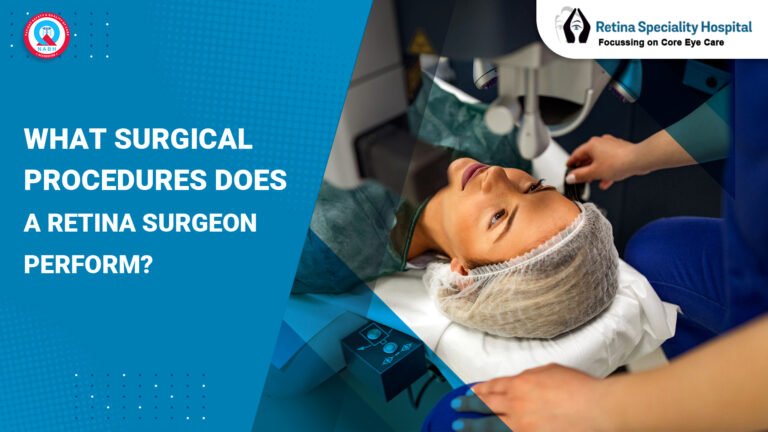Retinopathy of Prematurity (ROP) is a serious eye condition that affects premature infants. As a parent or caregiver, understanding when and how this condition is treated is crucial for ensuring the best possible outcomes for your child’s vision. In this comprehensive guide, we’ll explore the stages of ROP and the appropriate treatment timelines, with a focus on the excellent care available at eye care hospitals in Indore.
Understanding ROP and Its Stages
ROP is a disorder that affects the development of blood vessels in the retina of premature infants. The condition progresses through several stages, and treatment decisions are based on the severity and location of the abnormal blood vessel growth.
Stage 1: Mildly abnormal blood vessel growth
Stage 2: Moderately abnormal blood vessel growth
Stage 3: Severely abnormal blood vessel growth
Stage 4: Partially detached retina
Stage 5: Completely detached retina
It’s important to note that not all cases of ROP require immediate treatment. In fact, many cases of stage 1 and 2 ROP resolve on their own without intervention. However, close monitoring by an eye specialist in Indore is essential to determine if and when treatment is necessary.
When is ROP Treatment Initiated?
The decision to treat ROP is based on several factors, including:
- The stage of the disease
- The zone (location) of the abnormal blood vessel growth
- The presence of “plus disease” (dilation and twisting of the blood vessels)
- The rate of progression
Typically, treatment is considered when ROP reaches stage 3 in zone I or II with plus disease, or in some cases of aggressive posterior ROP (AP-ROP). This is often referred to as “threshold ROP” or “type 1 ROP.”
The Importance of Early Screening
Early detection is crucial for successful ROP treatment. The best eye hospitals in Indore offer comprehensive screening programs for premature infants. These screenings usually begin when the baby is 4-6 weeks old or 31 weeks gestational age, whichever comes later.
Regular follow-up examinations are conducted by retina specialists in Indore to monitor the progression of ROP and determine the optimal time for intervention if necessary.
Treatment Options for ROP
When treatment is deemed necessary, there are several options available at modern technology eye hospitals in Indore:
- Laser Therapy: This is the most common treatment for ROP. It involves using a laser to destroy the peripheral areas of the retina that lack normal blood vessels. This procedure, known as laser photocoagulation, helps prevent abnormal blood vessel growth and reduces the risk of retinal detachment.
- Anti-VEGF Injections: In some cases, particularly for aggressive posterior ROP, injections of anti-vascular endothelial growth factor (anti-VEGF) medications may be used. These drugs help inhibit the growth of abnormal blood vessels.
- Cryotherapy: Although less common now, cryotherapy may be used in some cases to freeze the peripheral areas of the retina and prevent abnormal blood vessel growth.
- Vitrectomy: In advanced cases where retinal detachment has occurred, a surgical procedure called vitrectomy may be necessary. This involves removing the vitreous gel and reattaching the retina.
The Role of Specialized Care
Treating ROP requires specialized expertise and advanced equipment. Tertiary eye care centres in Indore are equipped with state-of-the-art facilities for diagnosing and treating ROP. These centers often have dedicated neonatal intensive care units (NICUs) and experienced retina surgeons near me who specialize in pediatric retinal disorders.
Post-Treatment Care and Follow-Up
After treatment, close monitoring is essential to ensure the best possible outcomes. Follow-up examinations are typically scheduled at regular intervals to assess the effectiveness of the treatment and monitor for any signs of recurrence or complications.
Long-Term Outlook for Treated ROP
The prognosis for treated ROP is generally good, especially when intervention occurs at the appropriate stage. Many children who receive timely treatment go on to develop normal vision. However, some may experience residual visual impairment or require glasses later in life.
Ongoing Research and Advancements
Research in the field of ROP treatment is ongoing, with new therapies and techniques being developed. Ultra-modern hospitals in Indore often participate in clinical trials and research studies, contributing to the advancement of ROP treatment.
The Importance of Choosing the Right Care Provider
When it comes to ROP treatment, selecting the right care provider is crucial. Look for a famous eye hospital in Indore with a proven track record in treating pediatric retinal disorders. Consider factors such as:
- The expertise of the retina specialists
- The availability of advanced diagnostic and treatment equipment
- The hospital’s experience in treating premature infants
- The presence of a dedicated NICU
- The availability of comprehensive follow-up care
Preventing ROP: The Role of Prenatal and Neonatal Care
While not all cases of ROP can be prevented, good prenatal care and appropriate management of premature infants can help reduce the risk. This includes:
- Regular prenatal check-ups
- Proper nutrition during pregnancy
- Avoiding smoking and alcohol during pregnancy
- Careful oxygen management for premature infants
- Early initiation of human milk feeding for premature infants
Support for Families Dealing with ROP
Dealing with a diagnosis of ROP can be challenging for families. Many eye care centres in Indore offer support services, including:
- Counseling for parents and caregivers
- Educational resources about ROP and its treatment
- Connect with support groups and other families dealing with ROP
The Future of ROP Treatment
As medical technology continues to advance, the future of ROP treatment looks promising. Researchers are exploring new treatment modalities, including:
- Gene therapy
- Stem cell treatments
- More targeted and less invasive interventions
Conclusion
Timely detection and appropriate treatment of ROP are crucial for preserving vision in premature infants. By understanding the stages of ROP and working closely with experienced eye care specialists in Indore, parents and caregivers can ensure the best possible outcomes for their children’s eye health.
Frequently Asked Questions (FAQs)
1. How often should my premature baby be screened for ROP at Retina Speciality Hospital?
2. What is the success rate of ROP treatment at Retina Speciality Hospital?
3. Does Retina Speciality Hospital offer the latest treatments for ROP?
4. How long does ROP treatment take at Retina Speciality Hospital?
5.What sets Retina Speciality Hospital apart in ROP treatment?
Final Words
Don’t leave your child’s vision to chance. If you have a premature infant or concerns about your child’s eye health, trust the experts at Retina Speciality Hospital. Our team of renowned eye specialists in Indore is dedicated to providing the most advanced and compassionate care for ROP and other pediatric eye conditions. Schedule a consultation today and give your child the gift of clear vision for a lifetime. Contact Retina Speciality Hospital now to learn more about our comprehensive ROP screening and treatment programs.












